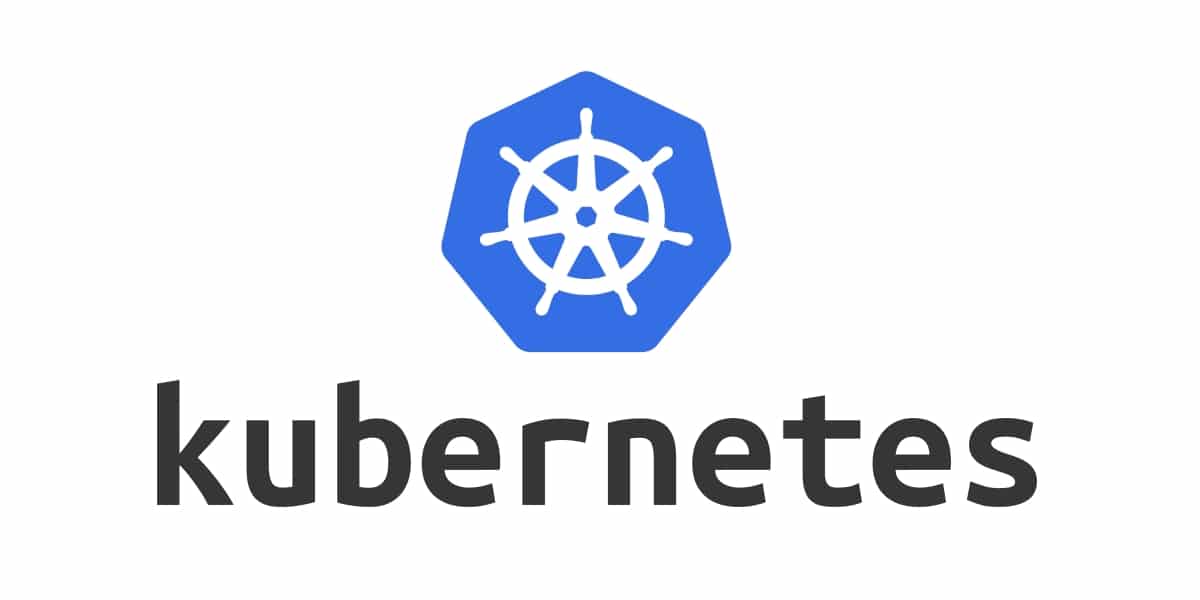
The release of the new version of Kubernetes 1.24 was announced, a version in which some features have been stabilized and which also highlights the move to the beta stage of Kubelet, some improvements and more.
For those who are new to Kubernetes, you should know that this allows managing a cluster of isolated containers as a single entity and provides mechanisms for deploying, maintaining, and scaling applications that run in containers.
The project was originally created by Google, but was later transferred to a separate site by the Linux Foundation. The platform is positioned as a universal solution developed by the community, not tied to individual systems and capable of working with any application in any cloud environment. Kubernetes code is written in Go and is released under the Apache 2.0 license.
Features are provided for infrastructure deployment and management, such as DNS database maintenance, load balancing, container distribution across cluster nodes (container migration based on changes in load and user needs). service), application-level health checks, account management, updating, and dynamics. scaling a running cluster without stopping it.
Kubernetes 1.24 highlights
In this new version of Kubernetes 1.24 that is presented, it is highlighted that storage capacity tracking has been stabilized to monitor free space on partitions and send data to the control node to avoid running pods on nodes with insufficient free space.
It is also highlighted that the ability to expand storage partitions has been stabilized. The user can resize existing partitions and Kubernetes will automatically expand the partition and its associated file system without stopping your work.
Another change that stands out in this new version of Kubernetes 1.24 is that Dockershim runtime was suspended, which was positioned as a temporary solution to use Docker in Kubernetes, which does not support the CRI (Container Runtime Interface) standard interface and leads to additional kubelet complication. To manage sandboxed containers, it is recommended that you use a runtime that supports a CRI interface such as containerd and CRI-O, or use the cri-dockerd wrapper that implements a CRI interface on top of the Docker engine API.
In addition to this, it is noted that provided experimental support for verifying container images with digital signatures through the Sigstore service, which maintains a public registry for authentication (transparency registry). To prevent supply chain attacks and component substitution, version-related artifacts, including all installed Kubernetes binaries, are also digitally signed.
The credential provider Kubelet moved into beta testing stage, which allows you to dynamically retrieve the credentials for the container image repository by launching plugins, without storing the credentials on the host file system.
Moreover, provided the ability to reserve a range of IP addresses to assign to services. When this option is enabled, the cluster will automatically assign services only IP addresses from the pre-allocated pool for each service, which avoids collisions by issuing free addresses from the common pool.
Of the other changes that stand out in this new version:
- By default, clusters have disabled APIs that are in beta (test APIs added in previous versions are preserved, the change only affects new APIs).
- Implemented test support for the OpenAPI v3 format.
- An initiative has been introduced to port plugins for working with storages to the Unified Interface CSI (Container Storage Interface) while maintaining compatibility at the API level.
- The Azure Disk and OpenStack Cinder plugins have been translated to CSI.
Finally if you are interested in knowing more about it, you can consult the details in the following link.